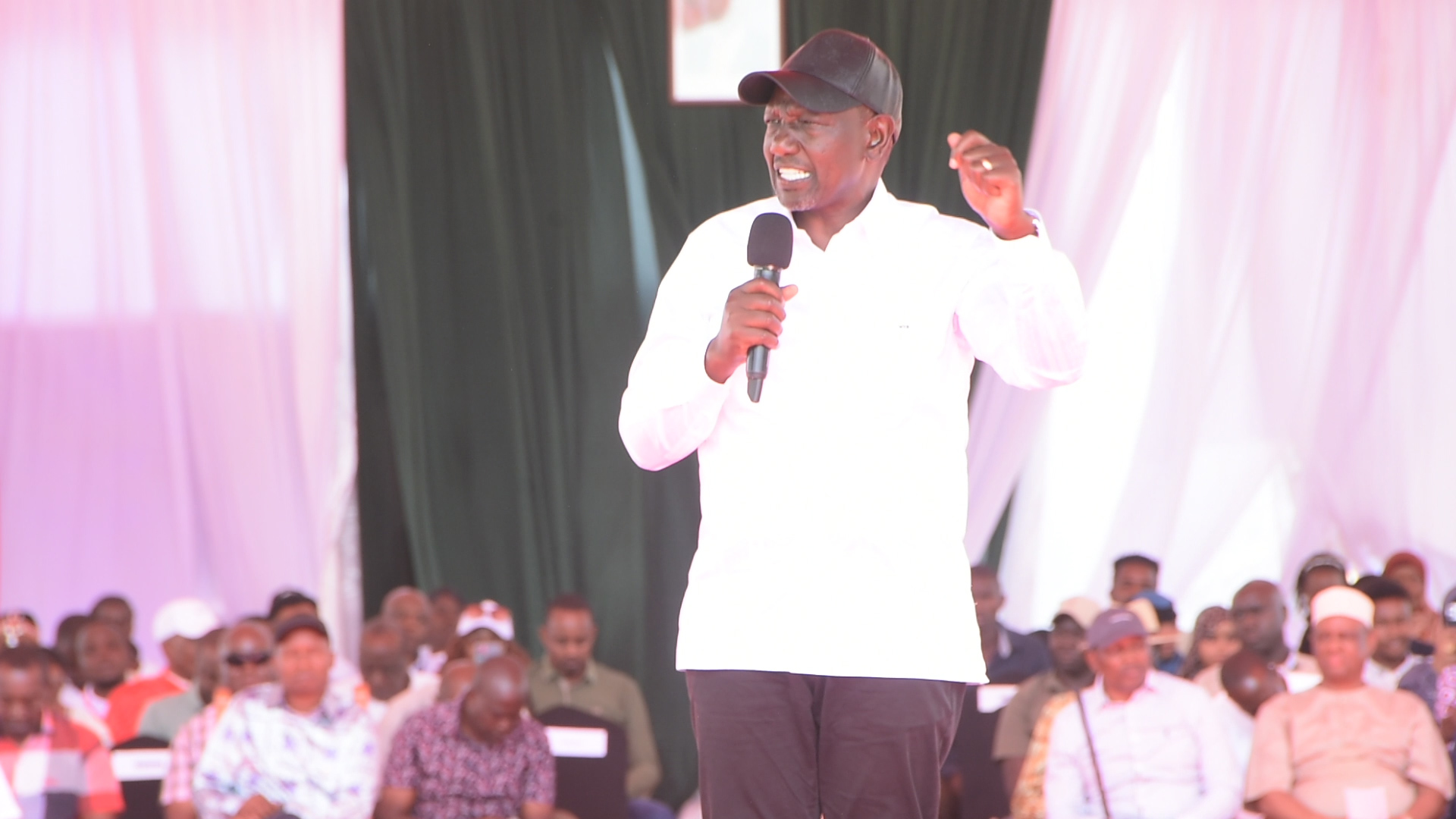Sudan Refugees to be greatly affected by US President Donald Trump Decision

Sudanese refugees in Chad likely did not expect the outcome of the recent U.S. presidential election to affect them. However, President Donald Trump’s decision to freeze foreign aid has put crucial U.N.-provided healthcare services at risk for those fleeing the conflict in Sudan.
This aid freeze, which has severe consequences for impoverished and vulnerable communities worldwide, has brought essential services to a halt.
Humanitarian organizations are now scrambling to compensate for funding shortages that could have life-or-death consequences. The U.S. Agency for International Development (USAID), which made up less than 1% of the federal budget, provided assistance to 130 countries in 2023, according to the Congressional Research Service.
The Trump administration has defended its decision, arguing that cutting foreign aid and scaling down USAID will reduce the size of the federal government.
Last week, Secretary of State Marco Rubio announced that an extensive six-week review had eliminated 83% of USAID programs. He confirmed the cuts in a post on X.
Anna Jefferys, a U.N. communications specialist, described the abrupt shutdown of operations in dozens of countries as unprecedented in her 25 years of humanitarian work.
She highlighted the devastating impact on critical services such as maternity wards and safe houses, questioning how such facilities could be closed overnight.
Since April 2023, nearly 700,000 refugees have fled from Sudan to Chad due to ongoing violence, according to the U.N. While Chad has historically taken in refugees from neighboring conflict zones, this crisis represents one of the most significant refugee influxes in its history.
The vast majority—90%—of those displaced are women and children.
Like thousands of other displaced Sudanese women, Issa left her home because it was no longer safe. In Chad, the U.N. Population Fund (UNFPA) has been providing critical healthcare by training and deploying midwives to remote areas and setting up mobile clinics in refugee camps. These services are essential for pregnant women who have fled violence and need medical care.
Due to the ongoing conflict, Sudan’s healthcare system has largely collapsed, with around 60% of the population unable to access medical services, according to the U.N. UNFPA, which relies on $2 million annually from the U.S. State Department for its humanitarian efforts in eastern Chad, has been instrumental in filling this healthcare gap.
To mitigate the impact of the aid freeze, Secretary of State Marco Rubio announced that humanitarian waivers would be granted to some USAID and State Department programs deemed essential. However, organizations applying for these waivers have faced confusion and delays.




